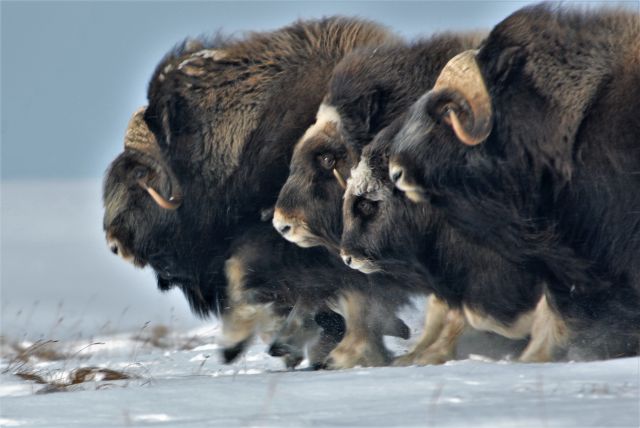To those of you just signing up for Friday’s Elk, welcome! I generally send this newsletter out each Friday, as the name suggests, but sometimes life gets in the way. You can peruse back issues of the newsletter for free in this archive. There you’ll find links to stories I’ve written, videos of talks I’ve given, podcasts and radio shows I’ve spoken on, details on upcoming events, and updates about my next book, She Has Her Mother’s Laugh, coming out in May. On March 15, my publisher and I will randomly pick five Friday’s Elk subscribers to receive free early copies of the book. Continue reading “Friday’s Elk, February 16, 2018”
Author: Matt Kristoffersen
Some good news for loyal readers of Friday’s Elk: to celebrate the coming publication of She Has Her Mother’s Laugh, my publisher is going to give away free copies of the book to five randomly chosen subscribers. We’ll make the pick on March 15 and be in touch! Continue reading “Friday’s Elk, February 13, 2018”
Greetings! Here are some things I’ve been up to…
Charles Darwin warned that studying the origin of species wouldn’t be easy. When we look around at distinct species alive today, we’re looking at the tips of evolutionary branches that reach back thousands or millions of years. But sometimes scientists catch a break. Today in the New York Times, I write about a species of crayfish that leaped into existence thanks to a single mutation about 25 years ago. And ever since, it’s been spreading like wildfire. Continue reading “Friday’s Elk, February 5, 2018”

Some muskoxen weigh over a thousand pounds. They’re hard animals to miss–that is, if you’ve hopped in a snow machine and traveled across an Arctic tundra for a few hours in search of a herd. But to understand muskoxen there’s no alternative but to be where they live. You can’t Google-Earth your way to insight.
This week in the New York Times, I wrote about Joel Berger, a biologist who has spent a lot of time looking at muskoxen over the past decade. Berger’s research has revealed a worrying vulnerability in these polar giants. Climate change may starve pregnant muskoxen mothers. You can read the whole story here. Continue reading “Friday’s Elk January 20, 2018”
This week I went to Minneapolis to speak about science writing at a conference at the University of Minnesota. I wanted to mention one of my favorite novels in the talk, Moby-Dick. My view of Melville’s book has evolved from my days as a college English major to my current existence as a science writer. I’ve grown increasingly fond of the “cetology” chapters, in which Melville veers away from the story of Ishmael to explore the biology of whales. In 2013, I was asked by the Los Angeles Public Library to write an essay on the subject for an online celebration of the novel. I wanted to put a link to the essay on a slide for my Minnesota talk, but I discovered that the whole site for the project had disappeared. Such is the tenuous legacy of writers in the digital age. So I fished the piece out of my hard drive and revived it on Medium. You can read it here. Continue reading “Friday’s Elk January 12, 2018”